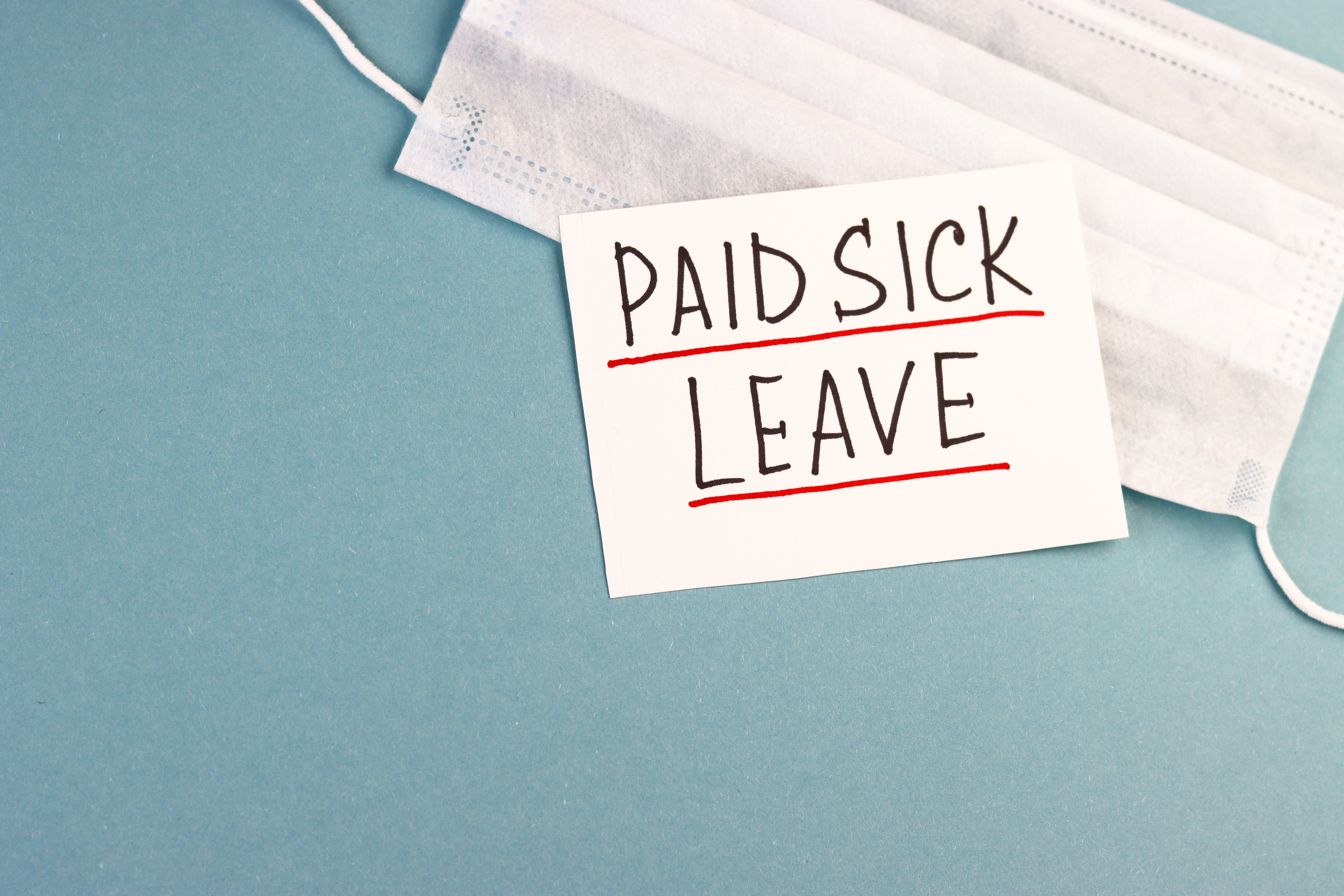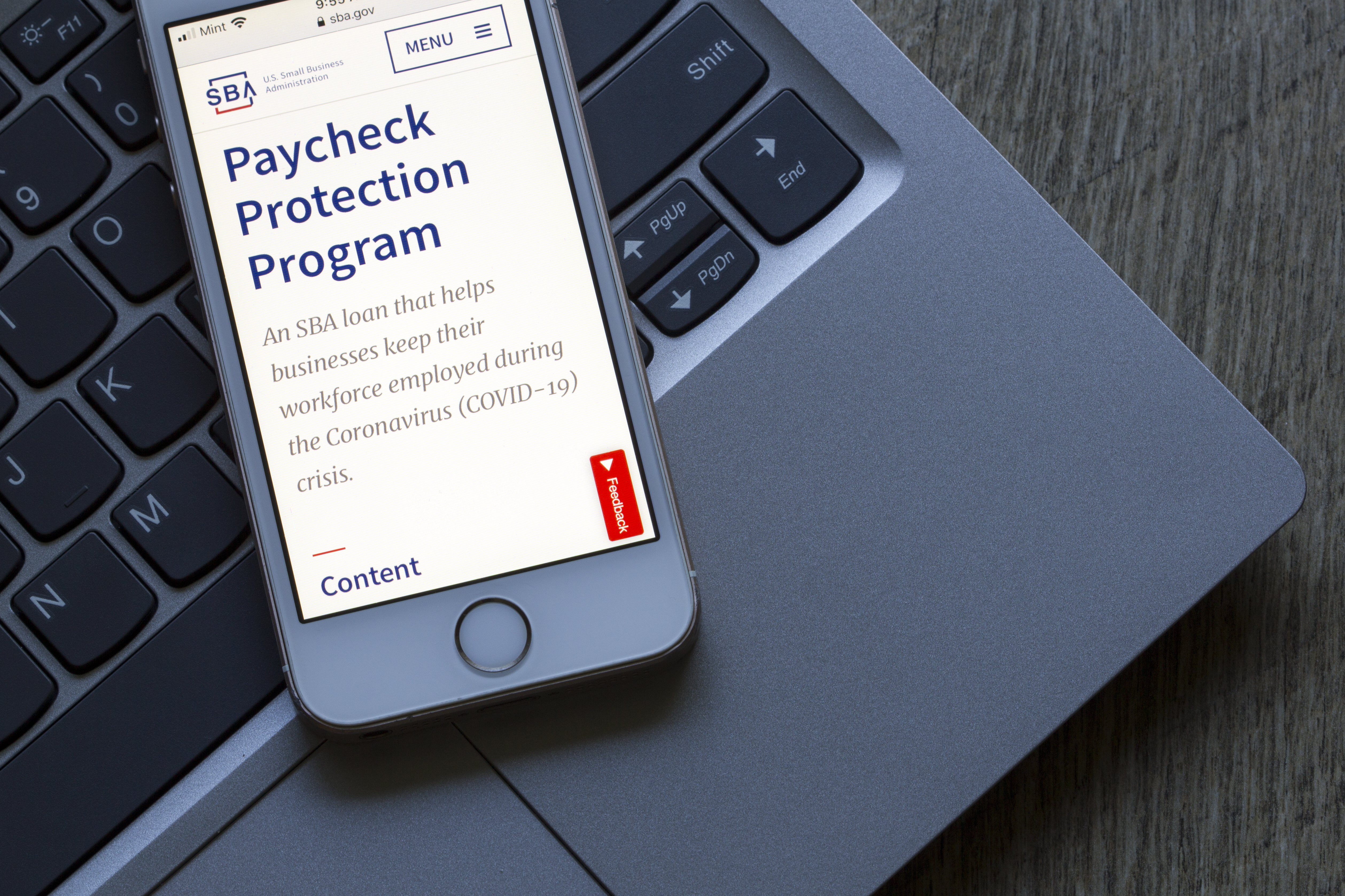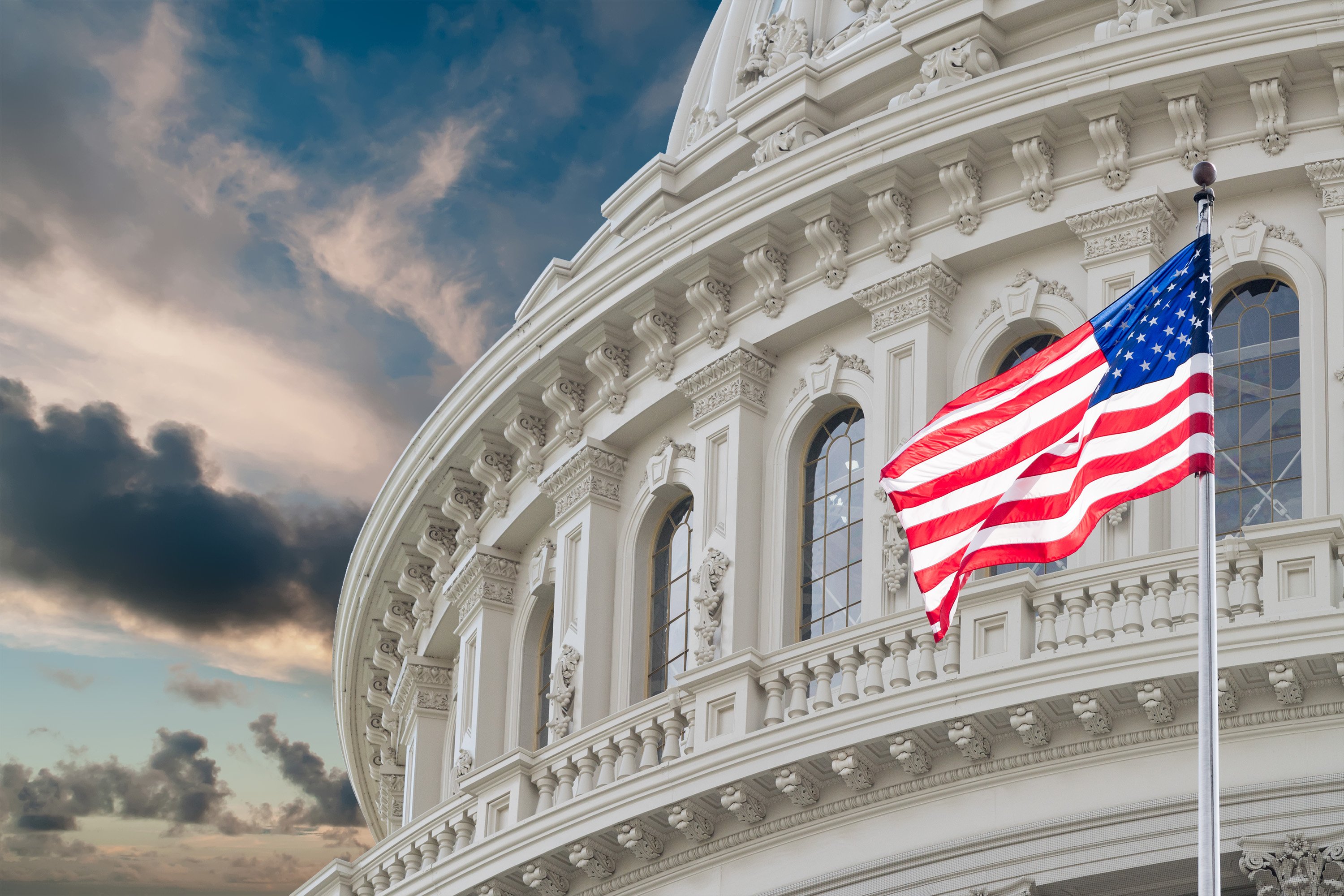The Commonwealth of Massachusetts has a new temporary sick leave program related to COVID-19. Under Chapter 16 of the Acts of 2021 (An Act Providing for Massachusetts COVID-19 Emergency Paid Sick Leave), employers are now required to make paid leave time available to employees for COVID-related illnesses, quarantine, and vaccinations. Employers may then apply for reimbursement from the state.
Many employee benefit plan sponsors have faced logistical challenges during the pandemic, such as office closures and remote work environments, which have made it difficult to remit participant 401(k) contribution deposits on time. In response to these challenges, the Department of Labor (DOL)'s Employee Benefit Security Administration (EBSA) has issued Disaster Relief Notice (2020-01), which provides flexibility and relief to sponsors struggling with remittance delays due to the pandemic.
In 2018, Massachusetts passed a landmark bill requiring all employers in the state to provide workers with paid family and medical leave (PFML), giving Massachusetts one of the most generous paid family and medical leave programs in the country. At the time of the legislature, the state outlined a three-year approach, with deadlines for employer and employee contributions into the Family and Employment Security Trust Fund, through which the program will be funded.
The IRS and the Treasury department began issuing a second round of Economic Impact Payments last week as part of the Consolidated Appropriations Act. Most individuals making up to $75,000 per year will receive a direct payment of $600; married couples making up to $150,000 per year will receive $1,200; and eligible individuals with children will receive $600 for each qualifying child dependent. Dependents who are 17 and older are not eligible for the child payment.
2020 has been a year to remember for so many reasons that it is easy to forget the significant legislation passed by Congress late last year that could potentially impact how you plan for retirement. The Setting Every Community Up for Retirement Enhancement (SECURE) Act is considered by many to be the most significant retirement planning legislation in a generation, and it has raised many questions.
The Financial Accounting Standard Board (FASB) recently released a new lease accounting standard, which took effect for public firms on January 1, 2020, and will take effect for private firms on January 1, 2021.
The new lease accounting standard will require companies to record operating leases as both liabilities and assets on their balance sheets to give a more complete picture of a company’s financial obligations.











